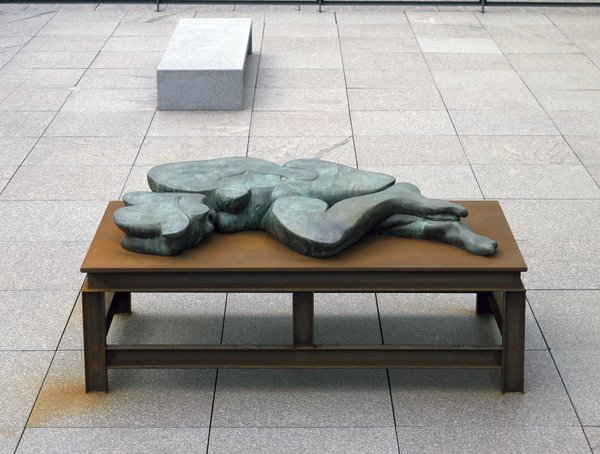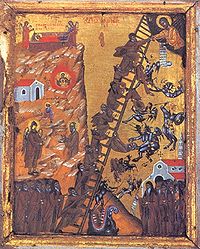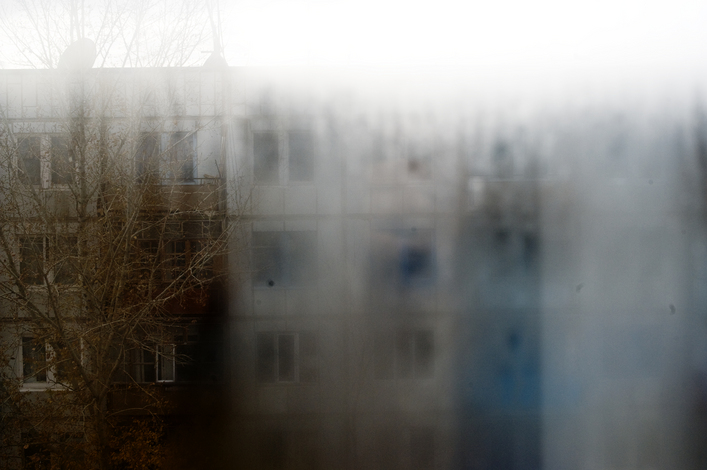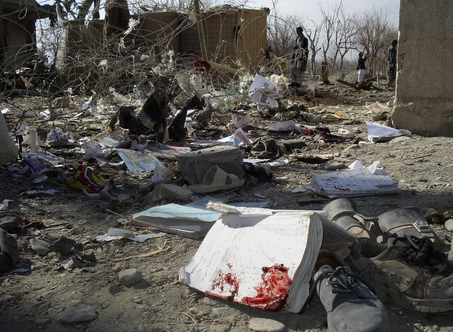Perfected by the Flesh
“She could no longer hold her flesh together,” observes Tania Runyan in her description of a bronzed statue of a woman carrying “the heft of the commandments,” her mouth open in a silent, graven prayer.

“She could no longer hold her flesh together,” observes Tania Runyan in her description of a bronzed statue of a woman carrying “the heft of the commandments,” her mouth open in a silent, graven prayer.

In “Tiniest Prayer,” the poet Nicholas Samaras recognizes the motion of prayer as one that humbles, that moves one “out of the center” and into the will of God.

In “Prayer, Insisting,” the poet Nicholas Samaras’s aching meditation on his own metonia, or repentence, is couched in an ancient prayer: Lord Jesus Christ, have mercy on me, a sinner.

In “Light Adaptation,” the poet Sarah Steinke offers images that evoke childhood fear and the darkness of memory while also leading into the freedom of revelation, of “everything visible” becoming “light.”

In “Prayer as Definition,” the poet Nicholas Samaras meditates on the essence of prayer as both conversation and communion, even with the barest of words.

Marci Rae Johnson, in “Desk, with Window Frame and Heaven,” offers a sketch of a private room, an unopened window, a sad Jesus on a simple crucifix, and the billowing of both clouds and desire to open and be opened, to see more than “the words behind [our] eyes.”

I. To the dogwood still in bloom, the dead rhododendron, the azalea that bleeds its desire out. In case. II. To the birds in jeweled leaves, drying their feathers, wet chirps, wet grass, wet ground. To the knot in my shoulder just at the point where my mother pinned my wings, traced with pencil, snipped […]

In “Enduring Freedom,” Brian Volck brings us to war-torn Afghanistan, where a mother sees “evidence of things unhoped for: an arm, half a foot, an ear.”

In “The Canyon, Age 8,” the poet Timothy E. G. Bartel describes a certain coming-of-age brush with a minor sin, one that leaves him “tasting his new words.”
